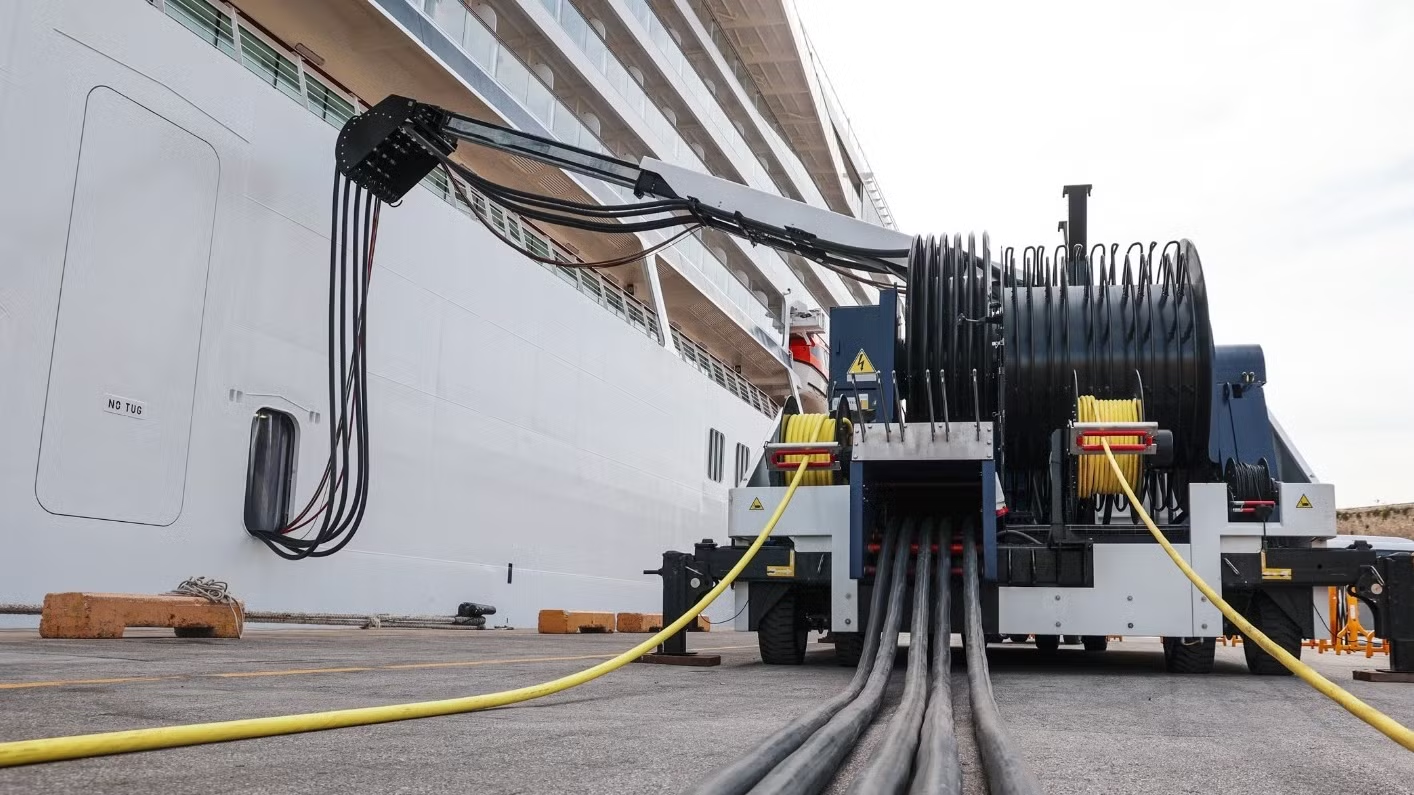The Mærsk Mc-Kinney Møller Center for Zero Carbon Shipping (The Center), the U.S. Department of State, the U.S. Department of Energy, and the Danish Government have joined forces to resource and execute pre-feasibility studies for green corridors in five countries in the Global South.
The announcement was made at COP28 in Dubai in the presence of U.S. Special Envoy John Kerry, Danish Prime Minister Mette Frederiksen, Minister of Energy of Namibia Tom Alweendo, Prime Minister of Fiji Sitiveni Rabuka, and CEO of the Center Bo Cerup-Simonsen.
While most existing green corridor studies are being conducted in the Global North, this project aims at demonstrating that green corridors can have benefits also for developing countries and are an important element in ensuring that the green maritime transition is just and equitable. The project partners will work closely with national and local stakeholders and the private sector, ensuring strong national ownership and capacity building.
We are facing a global transition that needs to be inclusive, just and equitable to be truly sustainable: from East to West and from South to North. Many countries in the Global South are now acting with dedication and urgency to seize the opportunity of catalyzing a transition with social growth opportunities.
..Commenting on the project, Bo Cerup-Simonsen, CEO of the Mærsk Mc-Kinney Møller Center for Zero Carbon Shipping, said.
This is why we are excited to partner with the U.S. State Department, the U.S. Department of Energy, and the Danish Government to establish the Global South Green Corridors with countries in Latin America, Africa and the Pacific.
..added.
James Mnyupe, Presidential Economic Advisor and Green Hydrogen Commissioner of Namibia, said: “Green maritime corridors are an essential response to the need for effectively combatting climate change. However, for a seafaring nation like Namibia, they are equally impactful catalysts for development and a bedrock for sustainable industrialization and a key ingredient of our nation’s Green Industrialization Agenda.”






























































